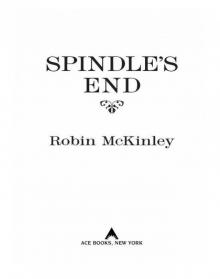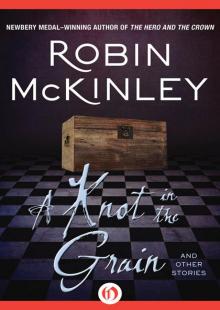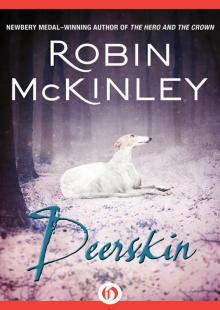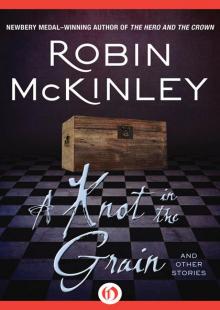 Spindle's End
Spindle's End The Door in the Hedge: And Other Stories
The Door in the Hedge: And Other Stories The Blue Sword
The Blue Sword Rose Daughter
Rose Daughter A Knot in the Grain and Other Stories
A Knot in the Grain and Other Stories The Hero And The Crown
The Hero And The Crown Deerskin
Deerskin Sunshine
Sunshine Beauty: A Retelling of the Story of Beauty and the Beast
Beauty: A Retelling of the Story of Beauty and the Beast Shadows
Shadows Pegasus
Pegasus Chalice
Chalice The Outlaws of Sherwood
The Outlaws of Sherwood Fire: Tales of Elemental Spirits
Fire: Tales of Elemental Spirits Beauty
Beauty Dragon Haven
Dragon Haven The Hero And The Crown d-2
The Hero And The Crown d-2 A Knot in the Grain
A Knot in the Grain The Blue Sword d-1
The Blue Sword d-1 Beauty (v1.2)
Beauty (v1.2) The Door in the Hedge
The Door in the Hedge